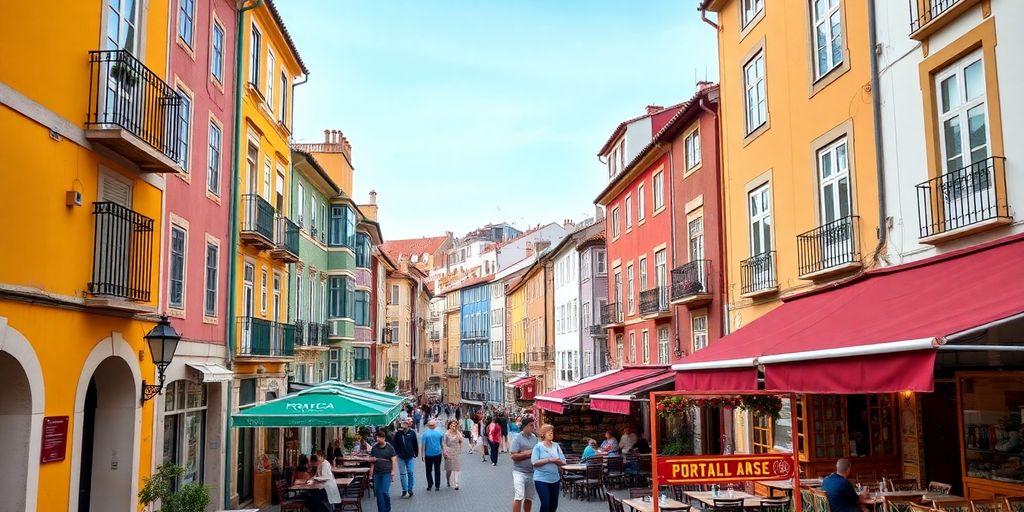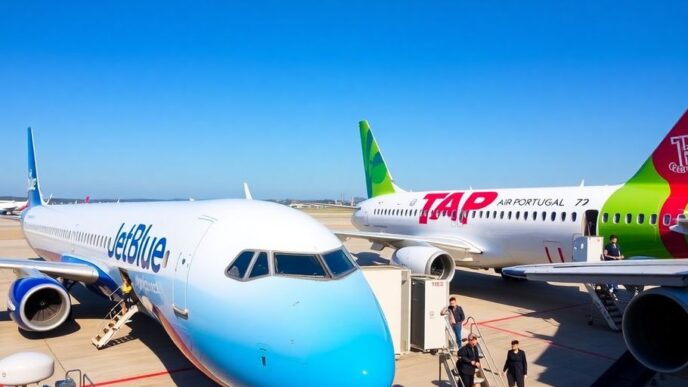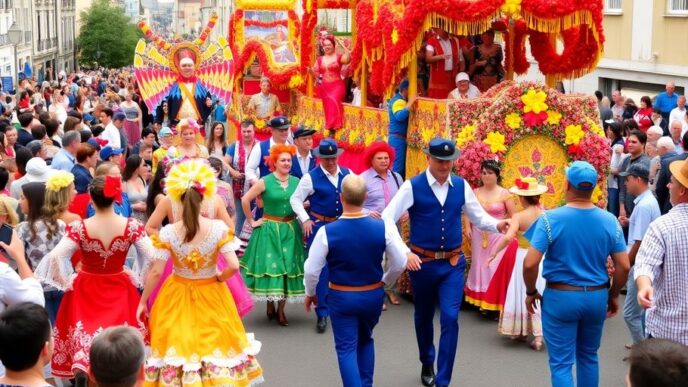Planning a trip to Portugal? Knowing how to handle your money can make your travel smoother. Portugal uses the euro, and it’s key to understand how to use it effectively while traveling. From currency exchange to using bank cards, this guide will help you navigate your finances in Portugal with ease.
Key Facts for Visitors from Outside the Eurozone
- Portugal uses the euro, which replaced the escudo in 1999.
- Exchange currency at local banks or ATMs for better rates than at airports.
- Credit and debit cards are widely accepted, but it’s good to have some cash.
- Understanding euro denominations can help in budgeting your expenses.
- Avoid unnecessary conversion fees by being aware of the mid-market rate.
The Euro: Portugal’s Official Currency
History of the Euro in Portugal
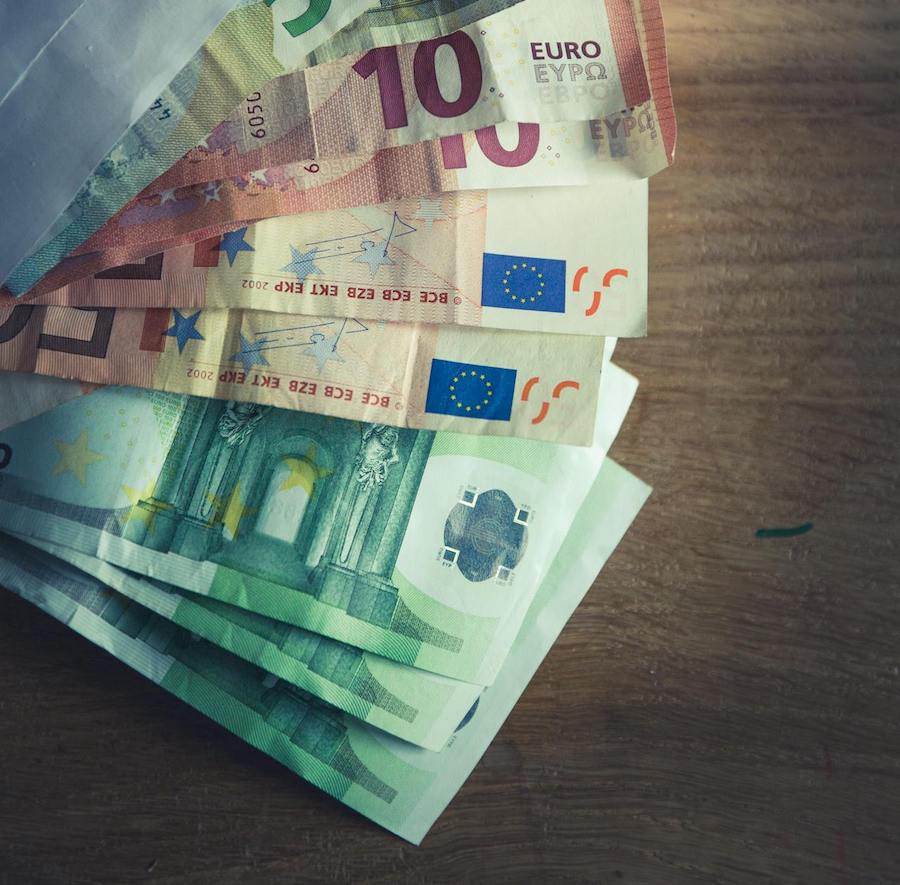
Portugal was among the first countries to adopt the euro, making the switch from the escudo on January 1, 1999. Initially, both currencies circulated side by side until the escudo was completely phased out by February 28, 2002. This transition marked a significant shift in Portugal’s economic landscape, aligning it more closely with other European Union members. The euro, represented by the symbol € and the currency code EUR, became a staple of daily life, influencing everything from shopping to international trade.
Euro Coins and Banknotes
Euro coins and banknotes are familiar sights across Europe, and Portugal is no exception. Coins come in eight different denominations: €0.01, €0.02, €0.05, €0.10, €0.20, €0.50, €1, and €2. Each coin has a common European side and a national side unique to each country. In Portugal, the coins feature designs like royal seals and castles, reflecting its rich history.
Banknotes, on the other hand, are standardized across the eurozone, available in €5, €10, €20, €50, €100, €200, and €500 denominations. However, the €200 and €500 notes are rarely used in everyday transactions. While these notes are legal tender, smaller businesses might hesitate to accept them due to concerns over change availability and counterfeiting.
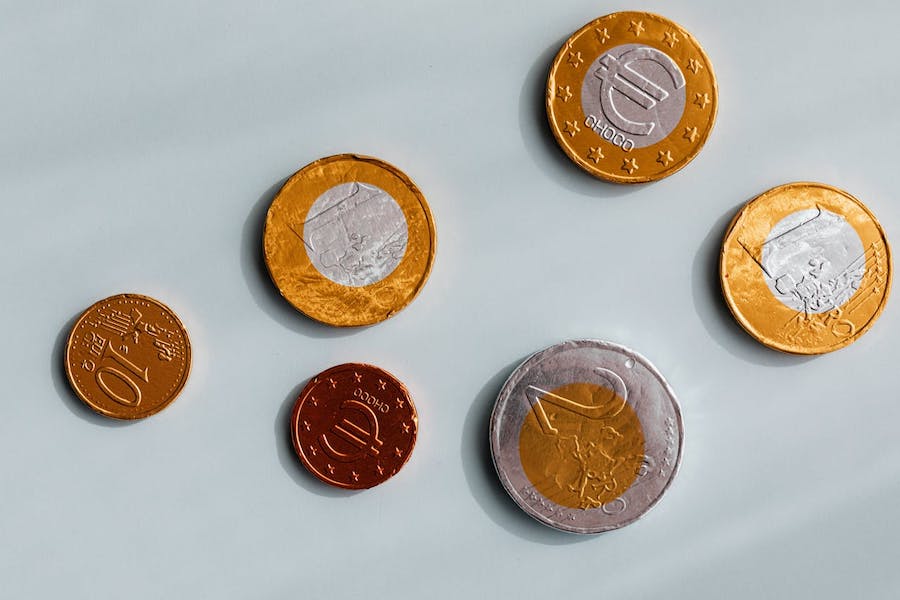
Understanding Euro Denominations
The euro is divided into 100 cents, and understanding its denominations can help travelers manage their expenses more effectively. Here’s a quick breakdown:
- Coins:
- Banknotes:
While planning a trip to Portugal, it’s handy to know that smaller denominations are more practical for everyday purchases. Larger notes might be challenging to use, especially in rural areas or small establishments.
Embracing the euro has not only simplified travel within the EU but also strengthened economic ties among member states, fostering a sense of unity and shared purpose.
Currency Exchange in Portugal
Where to Exchange Currency
When you land in Portugal, you might wonder where to swap your cash for euros. While banks used to be the go-to, these days it’s all about the “cambios” or currency exchange outlets. You’ll spot them mostly in busy spots like Lisbon or Porto. They’re open all week in touristy areas, which is super convenient. Just a heads-up, some might ask for your passport, so keep it handy. And if you see a “no commission” sign, be skeptical. Often, they sneak fees into the exchange rate.
Tips for Getting the Best Rates
Want to get the most bang for your buck? Here are a few tips:
- Know the mid-market rate: This is the real value of the currency, sitting between the buy and sell rates. Check it on Google or a currency converter before you go.
- Avoid airports and hotels: Their rates are usually higher, so only use them if you’re in a pinch.
- Use ATMs wisely: They usually offer better rates, but watch out for fees. Withdrawing larger amounts can help minimize these.
Avoiding Common Exchange Pitfalls
Don’t get caught in the usual traps when exchanging currency. Here’s what to watch out for:
- Hidden fees: Even if a place says “no commission,” fees might be tucked into the rate.
- Damaged notes: Some places won’t accept notes that aren’t in perfect condition.
- Traveler’s checks: They’re pretty outdated now and hard to cash, so stick with cards or cash.
“In Portugal, while cryptocurrency is gaining some ground, euros remain king for daily transactions. Most places don’t accept crypto, so converting to euros is essential for your trip.”
Using Bank Cards in Portugal

Credit and Debit Card Usage
When traveling in Portugal, using credit and debit cards is generally convenient, but there are some quirks you should know about. Firstly, while major cards like Visa, Mastercard, and Maestro are widely accepted, some smaller shops and restaurants might still prefer cash, especially for small purchases. A few places might have a minimum spend limit, like €10, for card payments. So, it’s always a good idea to keep some cash on hand just in case.
ATM Access and Fees
ATMs, known as Multibanco in Portugal, are everywhere—from airports to supermarkets. They are quite handy as they usually don’t charge fees for withdrawals. However, your home bank might still hit you with a fee, so check that before you travel. If you use a Multibanco ATM, you can withdraw up to €200 at a time, and you can do this twice a day. Euronet ATMs are another option, often allowing higher withdrawals, but again, watch out for any fees your bank might charge.
- Multibanco ATMs: No local fees, €200 limit per transaction, twice a day
- Euronet ATMs: Potentially higher limits, check for fees
Contactless Payments
Contactless payments have become quite popular in Portugal and are a fast way to pay for things. You can link your card to Apple Pay or Google Pay and breeze through checkouts with just your phone. Most places that accept card payments will also accept contactless, making it a convenient option for travelers. Just remember, if you’re using a foreign card, currency conversion fees might apply, so keep an eye on those.
Always let your bank know you’re traveling to avoid any unexpected card blocks. Nothing’s worse than being stuck in a foreign country with a frozen account.
Budgeting for Your Trip to Portugal
Average Costs of Common Expenses
When planning your trip to Portugal, it’s helpful to know what things might cost. Here’s a quick rundown:
- Accommodation: A double room in a mid-range hotel will set you back around €50-100 per night.
- Dining: Enjoying a nice dinner at a restaurant? Expect to pay between €22-40.
- Coffee: Need your caffeine fix? A cup of coffee typically costs between €1.50-2.50.
- Transport: A train ticket from Lisbon to Porto is about €24.
- Attractions: Museums and similar attractions usually charge €3-8 for entry.
Saving Money While Traveling
Traveling on a budget? Here are some tips to help you save:
- Public Transport: Use public transport passes to save on travel costs. They are often cheaper than individual tickets.
- Dining: Look for local eateries or “tascas” for authentic and affordable meals.
- Accommodations: Consider staying in hostels or guesthouses, which can be more budget-friendly.
Planning ahead and keeping an eye on your expenses can help you enjoy Portugal without breaking the bank.
Using Travel Cards Effectively
Travel cards can be a handy tool, but watch out for fees. Here’s what to consider:
- Prepaid Travel Cards: These can lock in exchange rates but may have fees like reload or inactivity charges.
- Debit Cards: Look for cards that offer no foreign transaction fees and favorable exchange rates.
- Wise Travel Card: This card is a great option for spending in euros without hidden fees.
Remember, while travel cards can be convenient, it’s essential to understand the costs associated with them to avoid surprises.
Understanding Currency Conversion
The Mid-Market Rate Explained
The mid-market rate is basically the exchange rate you see on financial news sites. It’s the halfway point between the buying and selling rates of two currencies. This is the rate banks use when trading among themselves, but they often add a markup when dealing with you. Knowing this rate helps you spot a good deal when exchanging money. Before you head out on your trip, check online currency converters to get a feel for the current mid-market rate.
Choosing the Right Currency for Transactions
When you’re in Portugal, or anywhere abroad, you’ll often be asked if you want to pay in your home currency or the local one. Always go for the local currency. Paying in euros while in Portugal usually means you get a better exchange rate and avoid extra fees. This is especially true when withdrawing cash from ATMs.
Avoiding Unnecessary Conversion Fees
Conversion fees can sneak up on you. Here’s how to dodge them:
- Use local ATMs wisely: Opt for ATMs that don’t charge extra fees. Some banks have partnerships that waive these fees.
- Avoid airport and hotel exchanges: These places often have higher fees and worse rates.
- Pay in euros: Always choose to pay in the local currency to avoid dynamic currency conversion fees.
Be aware of how much you’re spending and what fees might be lurking around the corner. A little research can save a lot of hassle and money.
Understanding how currency conversion works can really help you make the most of your travel budget. Keep these tips in mind, and you’ll have one less thing to worry about on your trip.
Managing Leftover Euros After Your Trip
Options for Exchanging Leftover Currency
Coming back home with extra euros can be a bit of a hassle. But don’t worry, there are a few ways to deal with it. First off, you can exchange your euros back to your local currency. Banks and exchange bureaus are the usual go-to places for this. Just keep an eye on those exchange rates and any fees they might charge. If you’re not in a rush, you might want to hold onto those euros for your next European adventure. After all, they’re accepted in a bunch of countries.
Using Leftover Euros for Future Travel
If you’re planning another trip to Europe, keeping those leftover euros is a smart move. It saves you the trouble of exchanging them again and possibly losing money in the process. Plus, having some cash on hand when you arrive is always handy. You can use it for small expenses like public transport or a quick snack at the airport.
Donating or Spending Leftover Currency
Got a charitable streak? Some airports have donation boxes where you can drop your leftover cash for a good cause. Or, if you’re feeling generous, you could give them to a friend who’s about to travel. If neither of these options suits you, why not treat yourself? Spend those euros on something special before you leave. Maybe a nice meal or a souvenir to remember your trip by.
“Don’t let those leftover euros gather dust. With a little planning, you can put them to good use and maybe even help someone else along the way.”
Wrapping Up Your Euro Adventure in Portugal
So, there you have it. Traveling in Portugal with the euro is pretty straightforward once you get the hang of it. From the bustling streets of Lisbon to the serene beaches of the Algarve, having a good grasp of the currency can make your trip smoother and maybe even save you a few bucks. Remember, whether you’re grabbing a coffee or paying for a train ticket, knowing the ins and outs of the euro will help you feel more like a local. And hey, if you end up with some leftover euros, there are plenty of ways to put them to good use. Enjoy your travels and spend wisely!
Frequently Asked Questions
What currency is used in Portugal?
Portugal uses the euro, which is divided into 100 cents. Look for the symbol € when shopping or dining out.
Can I use my credit card in Portugal?
Yes, credit cards like Visa and Mastercard are widely accepted in Portugal, especially in cities and tourist areas.
Where can I exchange currency in Portugal?
You can exchange currency at banks, exchange bureaus, and some hotels, but banks usually offer the best rates.
Are ATMs available in Portugal?
Yes, ATMs are common in Portugal and accept foreign cards. Just be aware of any fees your bank might charge.
What should I do with leftover euros after my trip?
You can save them for your next trip, exchange them back to your home currency, or donate them to charity.
Is it better to pay in euros or my home currency when using a card in Portugal?
Always choose to pay in euros to avoid extra conversion fees.


